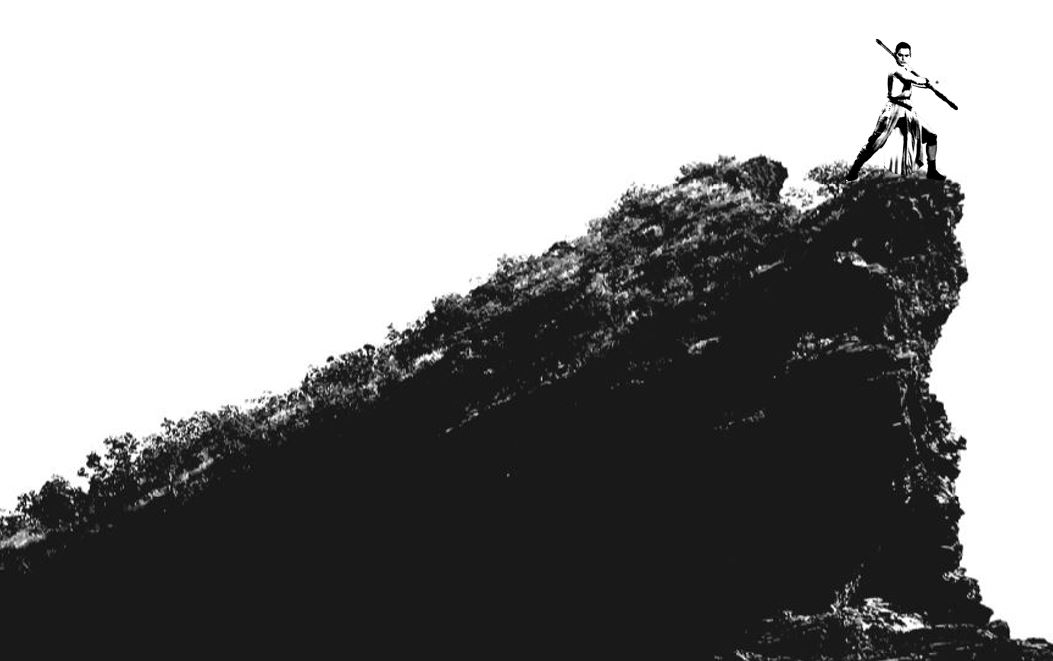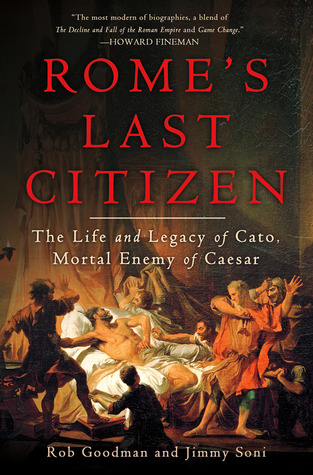
Jedi are devoted to their mission in life.
Jedi are devoted to accomplishing their mission in life. Sometimes this requires great discipline, sacrifice, incredible focus, patience, inner strength, and a strong sense of duty for accomplishing the mission. But first, a Jedi must determine what his/her mission will be by deep soul searching and meditation. You determine and choose what your mission will be; you decide it for yourself. Then you prioritize or decide how important it is for you to accomplish your mission.
(33 Jedi Traits)
Life’s Purpose
If you were to ask anyone what their life mission was you would probably get blank stares or garbled responses. Most people would not have one. Sure they can convey their hopes and wants. They can describe their ideal life and include words such as “happy, wealthy and healthy”. This picture can include a comfortable existence in a nice home with a loving partner. Perhaps a family and pets to complete the dream. Does all of that really define who we are?
All of us want to feel validated and achieve a sense of self actualization. We want to feel valued and make a contribution. For many, their career is an important part of life. Your profession no matter how humble or high profile defines much of your life. We are remembered as much for our work life as we are in our family and personal life. Political leaders are remembered for their time in office, Actors for their acting and Musicians for their music. Is any of that our true purpose, our mission in life? What do you want to be your epitaph? What do you want to be remembered for?
“Everyone has his own specific vocation or mission in life; everyone must carry out a concrete assignment that demands fulfillment. Therein he cannot be replaced, nor can his life be repeated, thus, everyone’s task is unique as his specific opportunity to implement it.” – Viktor E Frankl
Purpose and Plans
People can identify their aspirations and their desires easily enough. Career paths can be mapped out. We can set ourselves new year resolutions, specific goals and one year and five year plans. A financial advisor can draw a road map that takes us to comfortable early retirement with a generous income to age 90 (too bad if you live to 100). We can schedule our lives and set measurable goals. How many of us can actually define our mission in life, our purpose?
The company I work for has a mission statement. Most publicly listed companies do. Shareholders expect to see a mission statement in a company AGM document. They want to read what the company stands for and where it wants to take their money and hopefully make it grow. Read your companies Mission Statement if it has one. What does it say? More importantly what does it say about the company you work for?
“From my very first day as an entrepreneur, I’ve felt the only mission worth pursuing in business is to make people’s lives better.” – Richard Branson
Don’t let others Dictate
To expect people to write a mission statement for their lives in 20 words or less might be seen as ludicrous. But is it? Conor McGregor the UFC champion has a personal mission statement along the lines of being the “greatest UFC fighter to have ever lived and who will ever live”. The statement is very bold as it assumes that no one will ever surpass his career and that he will continue to dominate the sport until retirement. McGregor knows he cannot control the sport and knows that someone may come along who will challenge him but he has the self belief and the confidence to believe anything is possible. McGregor’s mission is to prove him right and his detractors wrong.
Conor McGregor’s philosophy is to train to win, all the time, no questions, no doubt. Losing is not in his vocabulary and he won’t let other dictate any different. McGregor refused to accept his defeat to Mayweather as a loss calling it a lesson instead. Love him or hate him, McGregor’s mission is to win. That mindset and approach to business has put him on Time’s list of most influential people in 2017 and made him a billion dollar brand name. There is a lesson to be learned in that.
Mission Success
The Jedi had a life mission to serve the Order in any way required. Anyone who has ever served in the military and law enforcement will understand the concept of duty and mission focus. Everything is geared towards ensuring mission success. Training and rehearsals are conducted. The right people are allocated tasks that best reflect their skill set and compliment the team effort. Objectives are set, equipment is obtained, tested and checked. Plans are reviewed and improved. Intel is checked and verified. Risks are identified and assessed. Controls are implemented and contingencies applied. The collective effort is dedicated towards achieving desired outcomes with minimal loss.
How does this apply to our personal lives? Consider that every day is a chance to progress towards success in our own mission in life. A practical philosophy for life is one of the tools we can use to help us achieve our mission, whatever we choose it to be. After all, being on a Path or having a personal philosophy for life is not much use unless it serves in some way.
Our mission in life may simply be to uphold our principles and apply virtues that we value at every opportunity. It may be as simple as getting through every day without succumbing to the temptation to drink. Taking care of our family may be our sole mission. We may choose a mission that is more personalized to what we want to achieve in our personal or professional life. That mission may be to achieve personal milestones such as academic, health, sporting or business success. It may be to help others or make a significant contribution to a cause you feel is important. Whatever it is only you can define it and make it happen.
“To what service is my soul committed? Constantly ask yourself this and thoroughly examine yourself by seeing how you relate to that part called the ruling principle” – Marcus Aurelius
Mission Statement
My mission statement is simple; “Strive to be the best version of yourself everyday”. That’s it. Nothing fancy. I just have to act in accordance with my principles and commit on a daily basis.
Your own mission is yours and yours alone to embrace. In order to achieve your mission you must be 100% committed to it. To be even close to achieving the milestones on that mission you must be prepared to focus 80% of your energy or more towards it. This means dedication, commitment and sacrifice. It must also come with an unbeatable attitude. Without the correct mind set you may step in to the ring and last a couple of rounds but you will never win the fight or take the title. This formula applies to any type of mission in life. For me it is about sobriety and self improvement. Everything that I do somehow relates to my personal mission to become a better version of myself.
“Half measures availed us nothing” – Alcoholics Anonymous
Our Mission in life, our purpose need not be the stuff of legends. Luke Skywalker’s mission was to bring balance to the Force. It was not a purpose he chose, it was thrust upon him by fate. Never the less his actions resounded across the entire Galaxy and changed countless lives. Our mission may not be as grand or predetermined as Skywalker’s but once we define what our mission in life is it can be still be significant in our lives and can also impact on others.
“A small body of determined spirits fired by an unquenchable faith in their mission can alter the course of history” – Mahatma Gandhi
Define your Mission
Realizing our mission in life need not be difficult. Once we understand ourselves and know what our values are and commit to those a mission statement really only validates our purpose and takes it one step further. Grab a piece of paper and write down the answers to the following questions:
- What are my values?
- What are my core principles?
- What do I want my life to stand for?
- What are my unique qualities?
- What do I believe my purpose in life is?
Create a mission statement that reflects all of the above. Remember that we need not get it right the first time. In time it may change. Once you have a mission statement your purpose in life, whatever it is, becomes clearly defined.
A mission statement can be used as a constant reminder, a mantra for motivation and a defense against complacency and despair. Some days we question the point to everything and apathy can set it. Other days people will challenge your purpose and try to steer you away from it. Revisiting the questions above and thinking about your mission statement can serve as an anchor and a compass needle. Sometimes that is all you need to get up and keep fighting for another day.
“It is not the critic who counts; not the man who points out how the strong man stumbles, or where the doer of deeds could have done them better. The credit belongs to the man who is actually in the arena, whose face is marred by dust and sweat and blood; who strives valiantly; who errs, who comes short again and again, because there is no effort without error and shortcoming; but who does actually strive to do the deeds; who knows great enthusiasms, the great devotions; who spends himself in a worthy cause; who at the best knows in the end the triumph of high achievement, and who at the worst, if he fails, at least fails while daring greatly, so that his place shall never be with those cold and timid souls who neither know victory nor defeat.”- Theodore Roosevelt





